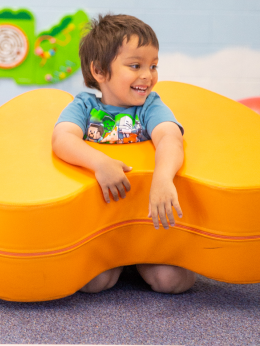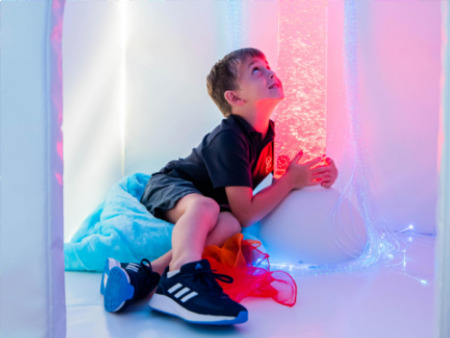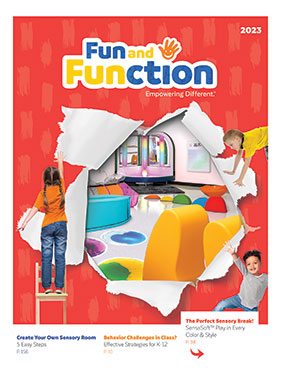A few weeks ago I decided to sign up for Sanity School. Apparently I'm not the only parent who can use a good dose of sanity. When my younger son asked me what it would look like if our local water tower exploded, I thought it was time to get some help. My good friend at Impact ADHD offered me a free preview of her Sanity class and I was hooked.
Whether your child has a different brain as a result of ADHD, Executive Function Disorder, Anxiety or OCD, the best line of defense is good parenting, which may indicate a change in parenting technique. Parents often ask, "Is my child's problem sensory or behavior?" In other words, is it naughty or neurological? We have no evidence that children have this choice.
Research does show that ADHD and its related diagnosis actually are the result of a different brain. I'm not condoning bad behavior or slack parenting, but understanding how your child thinks may be a huge help. It's crucial that in place of judgment, we show curiosity.
Stopping to wonder and understand someone else's world can open up many possibilities to parenting and relationship building. With that said, some structures need to be put into place so that guidelines are clear and not murky. Is bedtime negotiable? What about cleaning up the table? And much like someone who needs a special diet due to diabetes or gluten intolerance, an ADHD brain needs unique parenting tools and a good sensory diet.
Evidence shows that individuals with ADHD actually can pay attention but need unique motivators. A child, teen or adult with ADHD is not going to just "sit and listen" while someone lectures to them. Once you are curious rather than judgmental, and you have a good structure in place, it's easier to motivate our less-focused loved ones.
Try out these strategies to help kids to focus:
Whole Body Listening
Is your child a bit under-responsive and "out to lunch?" Try encouraging whole body listening. This means making sure you have good eye contact during conversation and that all electronics are off. It also means facing each other (face, shoulders, hips and feet). If your child has a difficult time with body awareness, you may want to try some activities with mirrors and use a Space Explorer to help with spatial orientation.
Create the Space
Make sure the learning space in your home is one that is conducive to paying attention. Most of us learn and work best in a place that is clear of clutter. In addition, using a few concentration tools such as a carrel or timer can help as well.
Listen to Tunes
Some individuals actually focus better with rhythm or music. Download and set a metronome to 60-70 beats per minute to mimic a resting heart rate, which has been shown to calm and organize thinking. Or play Mozart or classical music in the background.
Use Visual Cues
Charts and visual reminders can make a tremendous difference in the ability to attend by providing constant reminders. The visual cues serve as the "nagger," relieving you of such duties.
Engage and Move
Be sure you and your child are getting plenty of movement throughout the day. Need a sensory break? Movement break? Perhaps it's time to take out the trash, go for a bike ride, swing or walk the dog?.
What sort of home environment do you want for your family? You are the captain of your ship and have the ability to create the space and environment that works best for your family. Taking a creative approach can lead to better problem solving and less judgment, fostering greater independence and attention.
Check out our collection of sensory tools to improve focus and attention.






















Comments